Hong Kong has long been marketed as a top tourist destination in mainland China, but recent rough handling of tourists may put a dent in the billion-dollar industry.
After a video went viral last week of an angry tour operator screaming at Chinese tourists and demanding they spend more money, China’s official tourism body put out a caution.
The video posted on Tudou.com (China’s version of Youtube, the latter being blocked on the mainland) shows a female tour guide ranting for seven minutes at a bus full of tourists. She says, in part: “Spend more, you’ll be happier…. Don’t tell me you don’t need [to buy more], next you’ll be telling me you don’t need to eat at meal time. I will lock you out of you hotel rooms…”
Following the spread of the video, Chinese bloggers argued that such incidents are common; the incestuous relationship between tour guides and shopping centers is a well-documented industry phenomenon. The more tourists the guides bring in and the more they spend, the more ample the kickbacks.
Hong Kong’s lavish shopping hubs and low taxes on luxury goods have attracted mainlanders for over a decade. In 2009 over 18 million Chinese tourists touched down in Hong Kong, injecting $HK90 billion into the local economy, according to the data published by the Hong Kong Tourism Board.
However, the influx of tourists has also brought a hike in complaints. According to data published by Chinese state media, Hong Kong Travel Industry Council (TIC) received 173 complaints between Jan. 1 and May 15, 2010—an increase of 65 percent for the same period last year.
The majority of the complaints were related to “shopping activities, particularly over forced shopping disputes,” according to a report by The Global Times.
The outrage over poor treatment of tourists has led bloggers to decry Hong Kong’s tourist industry, arguing that the recent video is a representative case. “This video is a reality for mainland tourists in Hong Kong!” one indignant netizen wrote.
Others claimed the fluent Mandarin Chinese spoken by the guide indicates that she was a mainlander who had recently migrated to Hong Kong. “I wish they would stop giving residence to these [people]... ruining Hong Kong’s reputation! Clearly this is a set up,” wrote one commentator.
The fiasco has forced the Hong Kong Travel Industry Council to respond. Last week the Secretary for Commerce and Economic Development Rita Lau said a special task force has been set up to investigate the claims of overbearing behavior from tour guides.
“This is a very important responsibility of the TIC to continue to enforce the regulatory provisions governing the conduct and the level of services provided by tour guides,” said Lau to the China Daily.
The task force will also be required to ensure that the tour guides are qualified before being issued with a license.
An unintended consequence of the brouhaha may be that millions of tourists are driven to other destinations, like Taiwan and Australia.
Since visa and travel restrictions to Taiwan were removed in 2008, mainlanders can now land on the island directly. So far 13.3 million have made the trip, ploughing around US$3.5 million into the local economy.
Other hot spots for Chinese tourists have been Bali and Australia. Data released by Bali’s Central Bureau of Statistic shows that Chinese tourists comprise 10.4 percent of the total visitors.
But Australia is the preferred destination for travel and tourism, according to the latest data from the Pacific Asia Travel Association.
The survey found that these tourists ranked Australia as the top choice based on the three categories of natural scenery, sunshine, and beaches.
Chinese tourists open their wallets to the tune of over 2.3 billion dollars per annum in Australia; the figure is expected to double over the next few years as the new marketing campaign ”There’s Nothing Like Australia” is introduced.
According to the Financial Times, the number of Chinese tourists last year increased 5.2 per cent to 42.2 million. In 2001 the figure was less than seven million. Last year they collectively spent around US$42 billion.
After a video went viral last week of an angry tour operator screaming at Chinese tourists and demanding they spend more money, China’s official tourism body put out a caution.
The video posted on Tudou.com (China’s version of Youtube, the latter being blocked on the mainland) shows a female tour guide ranting for seven minutes at a bus full of tourists. She says, in part: “Spend more, you’ll be happier…. Don’t tell me you don’t need [to buy more], next you’ll be telling me you don’t need to eat at meal time. I will lock you out of you hotel rooms…”
Following the spread of the video, Chinese bloggers argued that such incidents are common; the incestuous relationship between tour guides and shopping centers is a well-documented industry phenomenon. The more tourists the guides bring in and the more they spend, the more ample the kickbacks.
Hong Kong’s lavish shopping hubs and low taxes on luxury goods have attracted mainlanders for over a decade. In 2009 over 18 million Chinese tourists touched down in Hong Kong, injecting $HK90 billion into the local economy, according to the data published by the Hong Kong Tourism Board.
A Surge of Complaints
However, the influx of tourists has also brought a hike in complaints. According to data published by Chinese state media, Hong Kong Travel Industry Council (TIC) received 173 complaints between Jan. 1 and May 15, 2010—an increase of 65 percent for the same period last year.
The majority of the complaints were related to “shopping activities, particularly over forced shopping disputes,” according to a report by The Global Times.
The outrage over poor treatment of tourists has led bloggers to decry Hong Kong’s tourist industry, arguing that the recent video is a representative case. “This video is a reality for mainland tourists in Hong Kong!” one indignant netizen wrote.
Others claimed the fluent Mandarin Chinese spoken by the guide indicates that she was a mainlander who had recently migrated to Hong Kong. “I wish they would stop giving residence to these [people]... ruining Hong Kong’s reputation! Clearly this is a set up,” wrote one commentator.
Hong Kong Responds
The fiasco has forced the Hong Kong Travel Industry Council to respond. Last week the Secretary for Commerce and Economic Development Rita Lau said a special task force has been set up to investigate the claims of overbearing behavior from tour guides.
“This is a very important responsibility of the TIC to continue to enforce the regulatory provisions governing the conduct and the level of services provided by tour guides,” said Lau to the China Daily.
The task force will also be required to ensure that the tour guides are qualified before being issued with a license.
Going Elsewhere
An unintended consequence of the brouhaha may be that millions of tourists are driven to other destinations, like Taiwan and Australia.
Since visa and travel restrictions to Taiwan were removed in 2008, mainlanders can now land on the island directly. So far 13.3 million have made the trip, ploughing around US$3.5 million into the local economy.
Other hot spots for Chinese tourists have been Bali and Australia. Data released by Bali’s Central Bureau of Statistic shows that Chinese tourists comprise 10.4 percent of the total visitors.
But Australia is the preferred destination for travel and tourism, according to the latest data from the Pacific Asia Travel Association.
The survey found that these tourists ranked Australia as the top choice based on the three categories of natural scenery, sunshine, and beaches.
Chinese tourists open their wallets to the tune of over 2.3 billion dollars per annum in Australia; the figure is expected to double over the next few years as the new marketing campaign ”There’s Nothing Like Australia” is introduced.
According to the Financial Times, the number of Chinese tourists last year increased 5.2 per cent to 42.2 million. In 2001 the figure was less than seven million. Last year they collectively spent around US$42 billion.
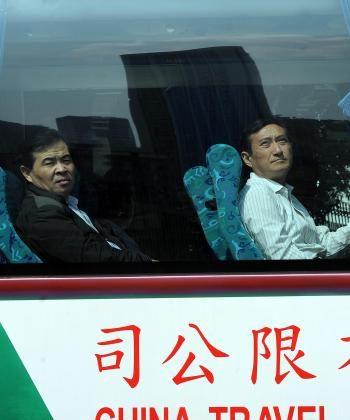
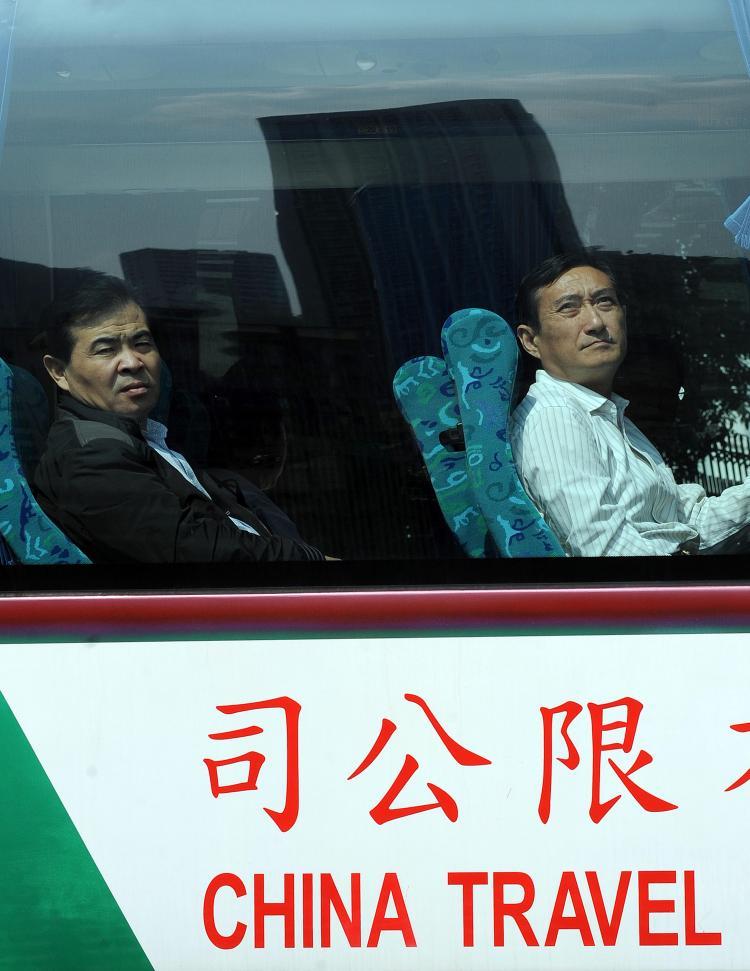
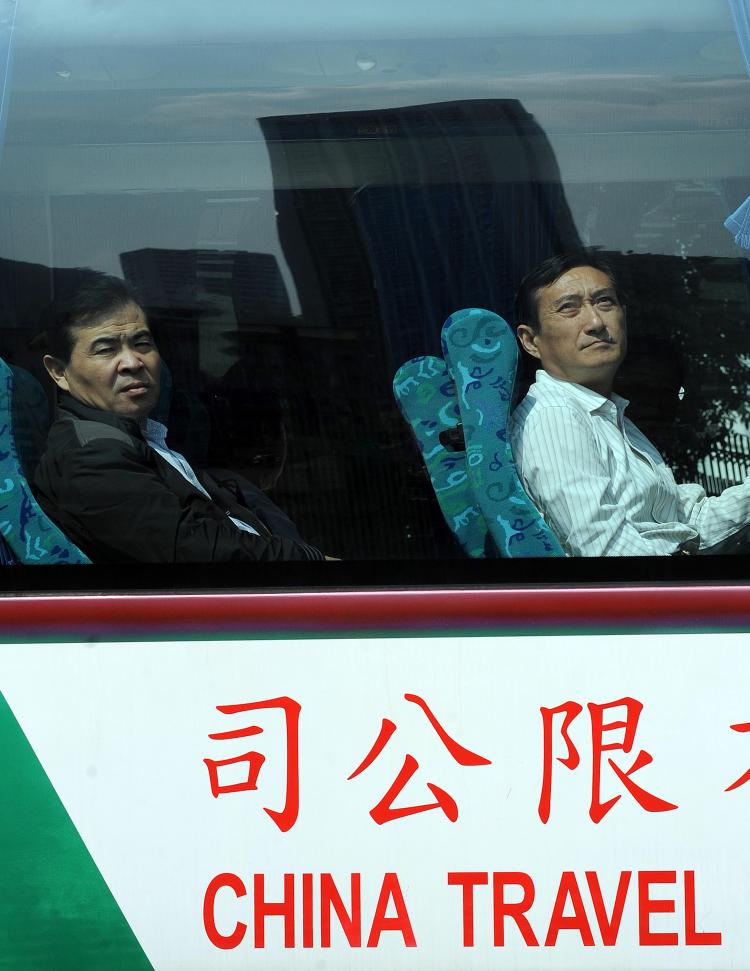
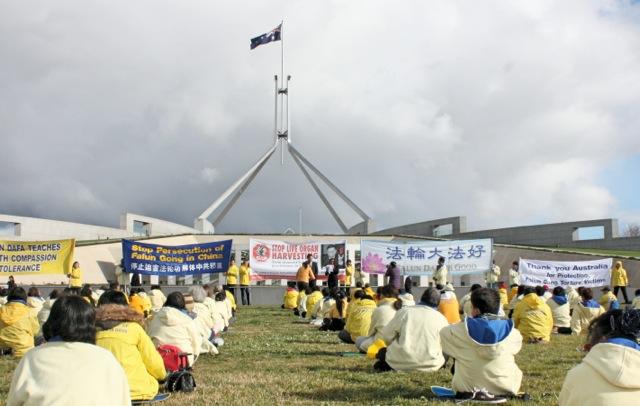

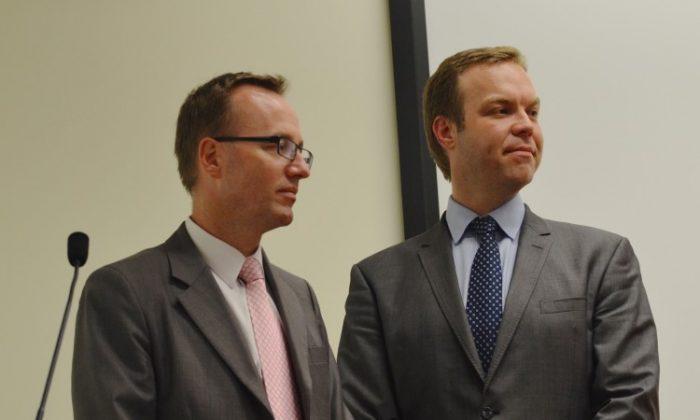
Friends Read Free